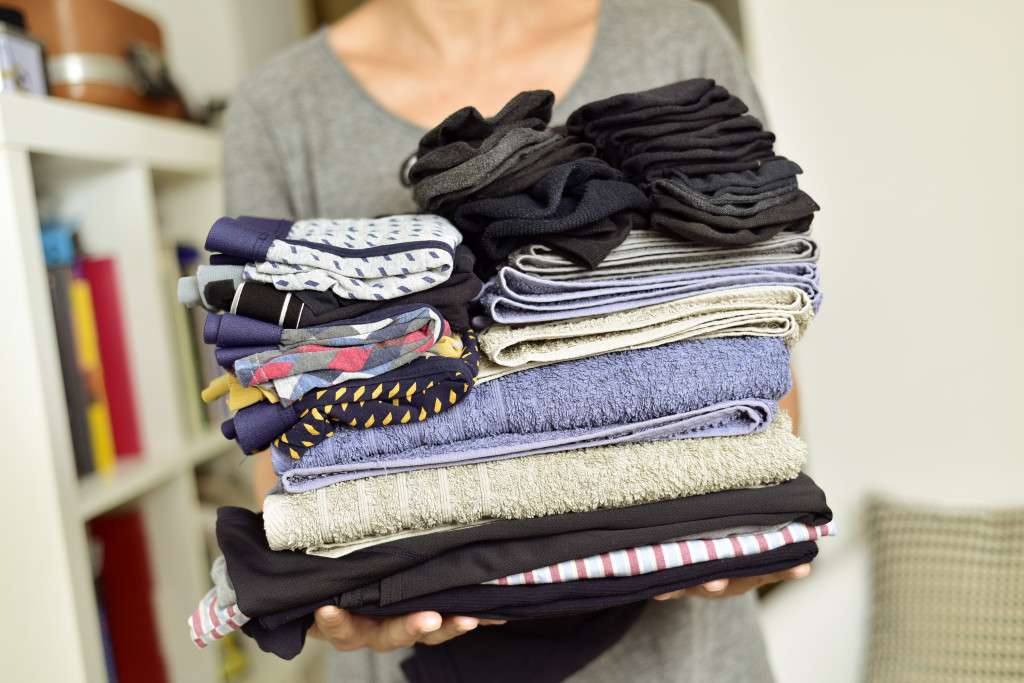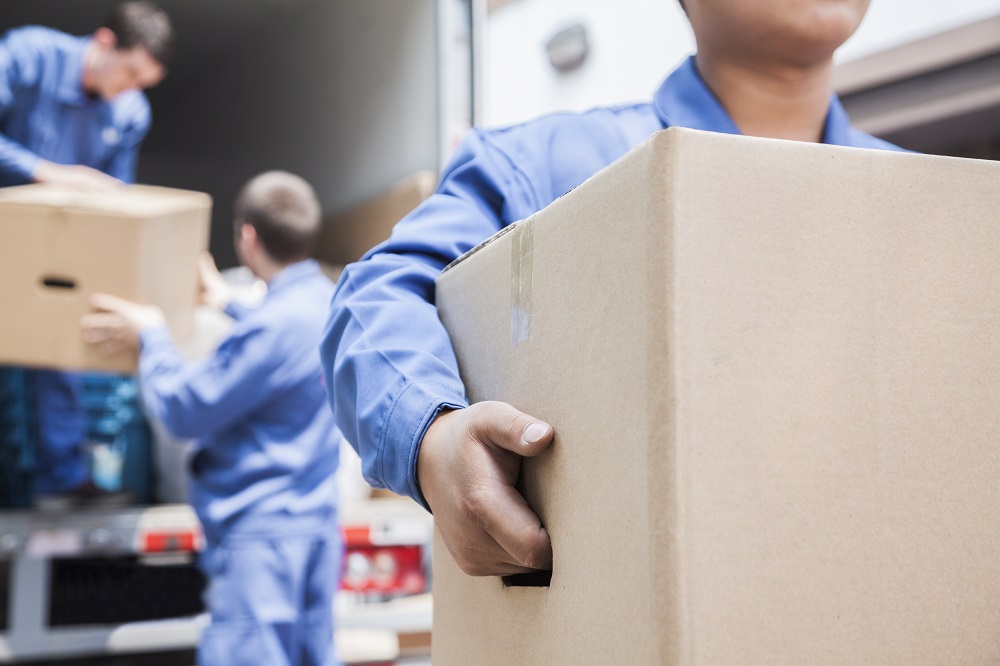Americans have been obsessed with home organization for many years. And it’s becoming even more popular during the pandemic.
One of the most common ways for people to communicate during the COVID-19 pandemic is through Zoom calls. And apparently, it has encouraged people to declutter their homes, especially the spots where people stay during their calls. Sure, it’s common courtesy to have a clean background. No one would want to reveal what chaos they have at home to their classmates, colleagues, and family through a video call.
The media may have also influenced people’s obsession to stay organized. More recently, people refer to TikTok for their home maintenance needs. Companies in the construction and home services sector use the platform to teach viewers hacks and DIY projects. There are many videos on how to fix chimneys and roofs, plumbing, cabinets, and many more. But some individuals become popular for their home organization videos. Frankly, they’re quite satisfying and inspiring to watch.
Having a clean and organized home has many benefits for both physical and mental health. So people make an effort to declutter their homes regularly. A living space rid of clutter can help you stay focused on your tasks and get better sleep.
But there are always two sides to every coin. While regular decluttering and home organization have several advantages, doing it too often does have disadvantages:
1. Compulsive Tidying
One of the benefits of decluttering your living space is that it can help you stay productive. For instance, if you work in a tidy workspace, you’ll be able to focus and work more efficiently. Thus, you can free up time for yourself to rest or enjoy your hobbies.
But if you’re constantly exposed to decluttering videos and related content, you might end up compulsively tidying your space. For instance, every time you see a new trend in organizing a work desk, you may feel compelled to try this trend even if you’ve just finished tidying up the space a few days prior.
Compulsive decluttering and tidying is the opposite of hoarding. And just like the constant need to collect things, the constant desire to rearrange and minimize your belongings can become a problem in the long run. It takes away free time because you feel the pressure to reorganize your things constantly.
2. Sense of Failure
In the era of digital technology, people live in two spaces: the digital space and the physical space. When people think of the word organizing and decluttering, they often associate it with physical spaces. People forget about reorganizing their digital lives that, once they finally acknowledge it, it becomes overwhelming.
No matter how much you organize your physical space, you may feel a sense of failure that can affect other parts of your life if you can’t do the same with your digital space.

3. Larger Spending
Technically, organizing and decluttering your living space can help you save money. In the process of organizing your things, you can create an inventory of your possessions to prevent you from buying something you already have. You can even earn some money on the side by reselling things you no longer use or need, or what’s currently known as “reCommerce.”
Unfortunately, consumerism always gets in the way. Home organization has been heavily capitalized for many years. Interior design magazines showcase organization tools with hefty price tags. Home organization trends also change often. And if you’re continuously exposed to these trends through the internet, you may feel burdened into buying new organizers to be part of the trend, even if you don’t really need them.
Actionable Steps to Prevent These Drawbacks
As with anything, moderation is key. It will help you avoid becoming addicted to home organization and decluttering.
One thing you can do is to set a schedule and stick to it. For example, you can organize your bedroom just once a month or once every two months. For spaces where you often stay, such as your workspace or your living room, you might consider reorganizing a bit more frequently, depending on how much clutter you collect.
Another step you can take is to commit to a no-buy period. If you don’t buy new things, you won’t accumulate a lot of clutter. And this means you don’t need to keep tidying up your space.
Lastly, you can train yourself to embrace the chaos of your space once in a while. Besides, the clutter can spark your creativity, which you can use to improve your performance at work or school.


